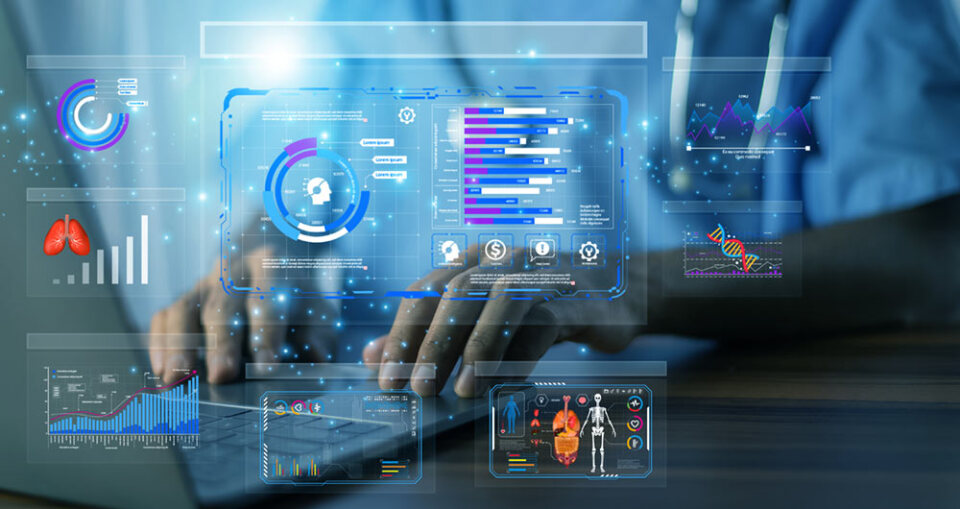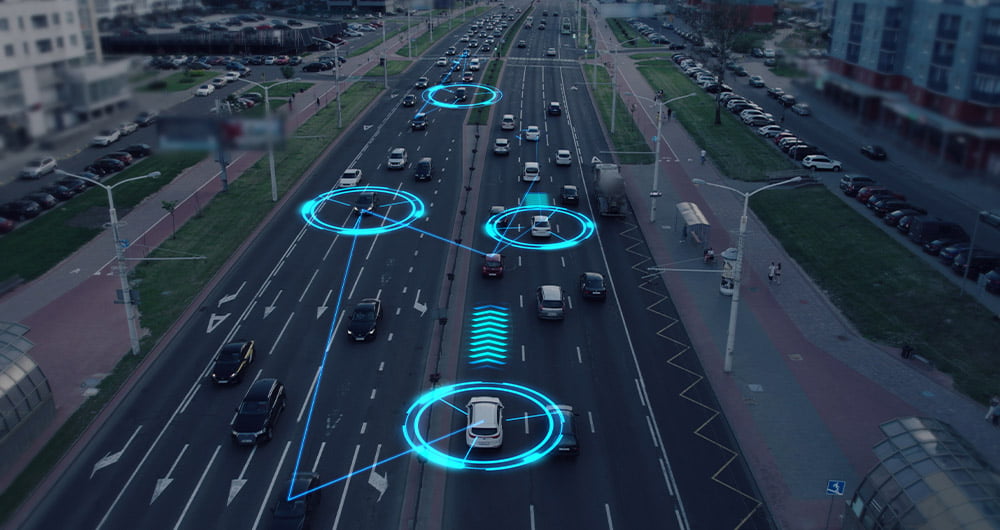50 posts found
The European Health Data Space and Open Data: Synergy for Health Innovation
Open health data is one of the most valuable assets of our society. Well managed and shared responsibly, they can save lives, drive medical discoveries, or even optimize hospital resources. However, for decades, this data has remained fragmented in institutional silos, with incompati…
How to build a Green Deal Data Space that complies with the FAIR principles
To achieve its environmental sustainability goals, Europe needs accurate, accessible and up-to-date information that enables evidence-based decision-making. The Green Deal Data Space (GDDS) will facilitate this transformation by integrating diverse data sources into a common, interoperable and open…
The role of data in driving autonomous vehicles
Just a few days ago, the Directorate General of Traffic published the new Framework Programme for the Testing of Automated Vehicles which, among other measures, contemplates "the mandatory delivery of reports, both periodic and final and in the event of incidents, which will allow the DGT to assess…
Federated machine learning: generating value from shared data while maintaining privacy
Data is a fundamental resource for improving our quality of life because it enables better decision-making processes to create personalised products and services, both in the public and private sectors. In contexts such as health, mobility, energy or education, the use of data facilitates more effic…
Industrial data governance: the basis for more efficient and sustainable production
Today's industry is facing one of the biggest challenges in its recent history. Market demands, pressure to meet climate targets, consumer demand for transparency and technological acceleration are converging in a profound transformation of the production model. This transformation is not only aimed…
The new European language data space is now available in its operational beta version.
With 24 official languages and more than 60 regional and minority languages, the European Union is proud of its cultural and linguistic diversity. However, this richness also represents a significant challenge in the digital and technological sphere. Advances in artificial intelligence (AI) and natu…
Computer use: the AI that learns how to operate your computer
The evolution of generative AI has been dizzying: from the first great language models that impressed us with their ability to reproduce human reading and writing, through the advanced RAG (Retrieval-Augmented Generation) techniques that quantitatively improved the quality of the responses provided…
Data on the banking sector: sources of access
Access to financial and banking data is revolutionising the sector, promoting transparency, financial inclusion and innovation in economic services. However, the management of this data faces regulatory challenges in balancing openness with security and privacy.
For this reason, there are different…
Smart destinations as open data generators: barriers and opportunities
A Smart Tourism Destination (ITD) is based on a management model based on innovation and the use of advanced technology to optimise the visitor experience and improve the sustainability of the destination, while strengthening the quality of life of residents. The DTI model is based on a series of in…
Explainable artificial intelligence (XAI): how open data can help understand algorithms
The increasing adoption of artificial intelligence (AI) systems in critical areas such as public administration, financial services or healthcare has brought the need for algorithmic transparency to the forefront. The complexity of AI models used to make decisions such as granting credit or making a…









